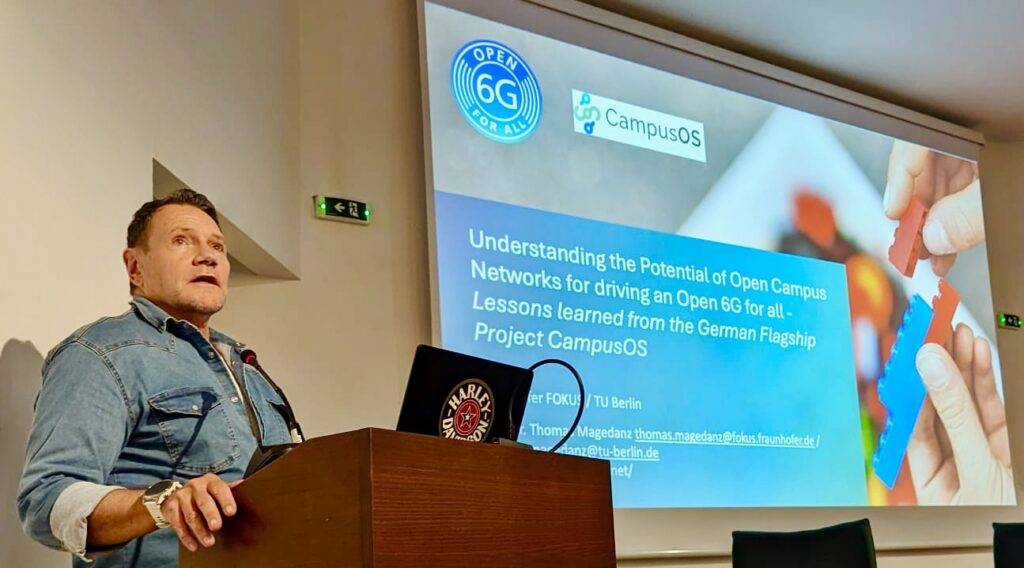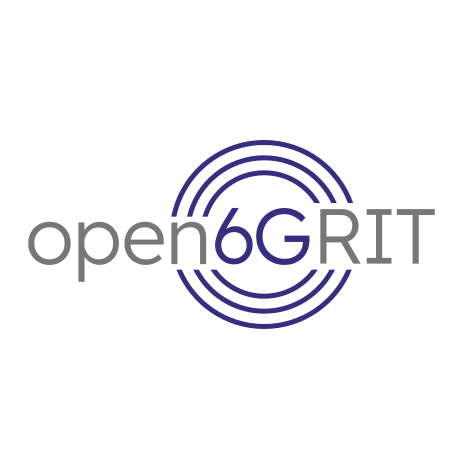Understanding the Potential of Open Campus Networks for driving an Open 6G – Lessons learned from the German Flagship Project CampusOS – Keynote T. Magedanz
IFIP/IEEE Networking 2024
3-6 June, Thessaloniki, Greece, https://networking.ifip.org/2024/

Summary:
This keynote is addressing the role of emerging Open 5G Campus Networks and their role in the evolution towards 6G.
There is no doubt, that in many countries customized Non-public / Private / Campus Networks are currently being considered to be a solution to leapfrog commercial public 5G deployments in order to meet specific requirements of enterprises in different vertical sectors in their digital transformation. We can witness that thanks to different business and operation models, in which operators, third parties, or the enterprises themselves are planning, deploying and operating these networks. What is still needed is a catalogue of open modular components and useful blueprints illustrating how to combine adequate components for realizing efficiently different use cases. The German BMWK Flagship Project Campus-OS and its associated “satellite projects” are addressing this challenge to stimulate the creation of a new European ecosystem for building self-sovereign open, modular campus networks for different industry sectors (https://campus-os.io/) since the beginning of 2023 and have reached by now good progress.
In this keynote Prof. Magedanz is providing an overview of the project and its achievements in regard to business and operation model options, component catalogue and available blue prints.
In addition, the keynote will also outline the relevance of this research work in regard to its relevance on current 6G research, as a lot of the internationally targeted 6G innovation areas are already being addressed in the campus network evolution, such as the research on higher spectrum RAN, satellite integration, dynamic spectrum usage, new positioning and sensing capabilities, network automation and deep integration of AI/ML, open network architectures and new eco system developments, etc.
